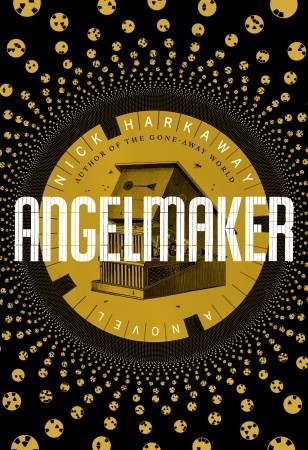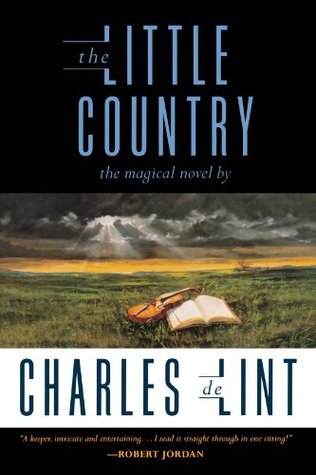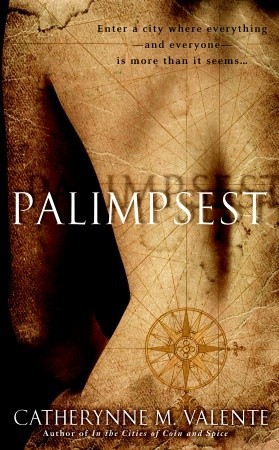F = Fantasy
I've made it no secret that I adore fantasy. No matter how many times I go off for an "alternative genre" binge, I always return. What I can't stand, is the eye-roll I get from someone seeing me read a book with dragon on the cover... "Because isn't fantasy just for children?" No. No it isn't. Which is why I've decided to dedicate the letter F to my favorite genre and talk about some of the glorious sub-genres (that don't necessarily appeal to kids) with-in the fantasy culture. (illustrated by some of my favorites of course!).
 High Fantasy (aka Epic) High Fantasy takes place in an alternate world, often includes religions, languages, cultures, creatures and characters, very few of which can be identified as coming from our own reality. JRR Tolkien is a classic example.
High Fantasy (aka Epic) High Fantasy takes place in an alternate world, often includes religions, languages, cultures, creatures and characters, very few of which can be identified as coming from our own reality. JRR Tolkien is a classic example.
 High fantasy is not to be confused with Heroic Fantasy. Heroic Fantasy also includes a fair amount of word building, but the separating difference is story conflict. High Fantasy usually involves an outward struggle between good and evil where the fate of the world is at stake... Heroic fantasy often involves a more personal struggle relative to the main protagonist. Also called, "Sword and Sorcery," for it's frequent use of knights and wizards, but not necessarily the case with Patrick Rothfuss.
High fantasy is not to be confused with Heroic Fantasy. Heroic Fantasy also includes a fair amount of word building, but the separating difference is story conflict. High Fantasy usually involves an outward struggle between good and evil where the fate of the world is at stake... Heroic fantasy often involves a more personal struggle relative to the main protagonist. Also called, "Sword and Sorcery," for it's frequent use of knights and wizards, but not necessarily the case with Patrick Rothfuss.
 Dark Fantasy (Gothic) contains elements of Horror and can be identified by an overall feeling of gloom within the writing. The story often contains scary and supernatural phenomenon (ghosts, curses, vampires, etc) that the characters must confront. Summer of Night is every child's fear: School is evil.
Dark Fantasy (Gothic) contains elements of Horror and can be identified by an overall feeling of gloom within the writing. The story often contains scary and supernatural phenomenon (ghosts, curses, vampires, etc) that the characters must confront. Summer of Night is every child's fear: School is evil.
 Science Fantasy doesn't have a real strict definition, but I like to think of it as Science Fiction Light. Often involves non-magical inventions and scientific based discoveries that lead to fantastic and scientifically improbable happenings that require the reader to believe it could happen.
Science Fantasy doesn't have a real strict definition, but I like to think of it as Science Fiction Light. Often involves non-magical inventions and scientific based discoveries that lead to fantastic and scientifically improbable happenings that require the reader to believe it could happen.
 Magical Realism involves real world settings and usually real world people who wind up encountering magic in the course of living their every day lives.
Magical Realism involves real world settings and usually real world people who wind up encountering magic in the course of living their every day lives.
 Magical Realism is similar to, but should not be confused with, Urban Fantasy which involved magical or otherwise supernatural happenings inside of a city setting.
Magical Realism is similar to, but should not be confused with, Urban Fantasy which involved magical or otherwise supernatural happenings inside of a city setting.
 High Fantasy (aka Epic) High Fantasy takes place in an alternate world, often includes religions, languages, cultures, creatures and characters, very few of which can be identified as coming from our own reality. JRR Tolkien is a classic example.
High Fantasy (aka Epic) High Fantasy takes place in an alternate world, often includes religions, languages, cultures, creatures and characters, very few of which can be identified as coming from our own reality. JRR Tolkien is a classic example.  High fantasy is not to be confused with Heroic Fantasy. Heroic Fantasy also includes a fair amount of word building, but the separating difference is story conflict. High Fantasy usually involves an outward struggle between good and evil where the fate of the world is at stake... Heroic fantasy often involves a more personal struggle relative to the main protagonist. Also called, "Sword and Sorcery," for it's frequent use of knights and wizards, but not necessarily the case with Patrick Rothfuss.
High fantasy is not to be confused with Heroic Fantasy. Heroic Fantasy also includes a fair amount of word building, but the separating difference is story conflict. High Fantasy usually involves an outward struggle between good and evil where the fate of the world is at stake... Heroic fantasy often involves a more personal struggle relative to the main protagonist. Also called, "Sword and Sorcery," for it's frequent use of knights and wizards, but not necessarily the case with Patrick Rothfuss. Dark Fantasy (Gothic) contains elements of Horror and can be identified by an overall feeling of gloom within the writing. The story often contains scary and supernatural phenomenon (ghosts, curses, vampires, etc) that the characters must confront. Summer of Night is every child's fear: School is evil.
Dark Fantasy (Gothic) contains elements of Horror and can be identified by an overall feeling of gloom within the writing. The story often contains scary and supernatural phenomenon (ghosts, curses, vampires, etc) that the characters must confront. Summer of Night is every child's fear: School is evil. Science Fantasy doesn't have a real strict definition, but I like to think of it as Science Fiction Light. Often involves non-magical inventions and scientific based discoveries that lead to fantastic and scientifically improbable happenings that require the reader to believe it could happen.
Science Fantasy doesn't have a real strict definition, but I like to think of it as Science Fiction Light. Often involves non-magical inventions and scientific based discoveries that lead to fantastic and scientifically improbable happenings that require the reader to believe it could happen. Magical Realism involves real world settings and usually real world people who wind up encountering magic in the course of living their every day lives.
Magical Realism involves real world settings and usually real world people who wind up encountering magic in the course of living their every day lives. Magical Realism is similar to, but should not be confused with, Urban Fantasy which involved magical or otherwise supernatural happenings inside of a city setting.
Magical Realism is similar to, but should not be confused with, Urban Fantasy which involved magical or otherwise supernatural happenings inside of a city setting.
Let me assure you this is just the tip of the Everest sized iceberg; there is also paranormal romance, mythic and legends, fairy-tales and fables, gas-lamp and steampunk, hard fantasy and historical fantasy...
There's more to imagination and magic than Juvenile Fantasy can contain.



I attended a class at Brigham Young University's Education Week last summer called, "Once Upon All Time: Reading Fairy Tales Your Whole Life Long." Fantasy isn't just for children!
ReplyDeleteOh my, that sounds like a fun kind of class!
Delete